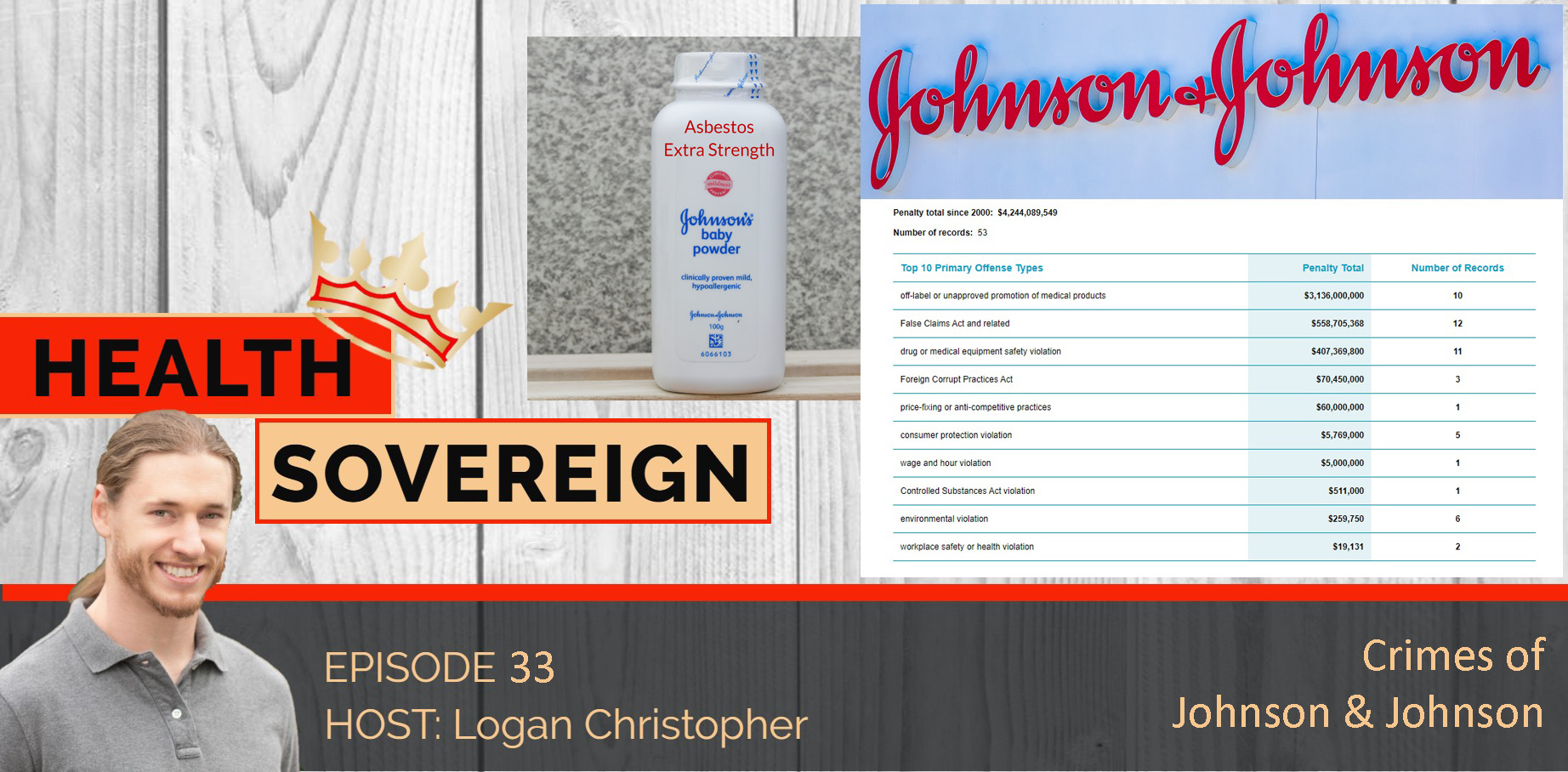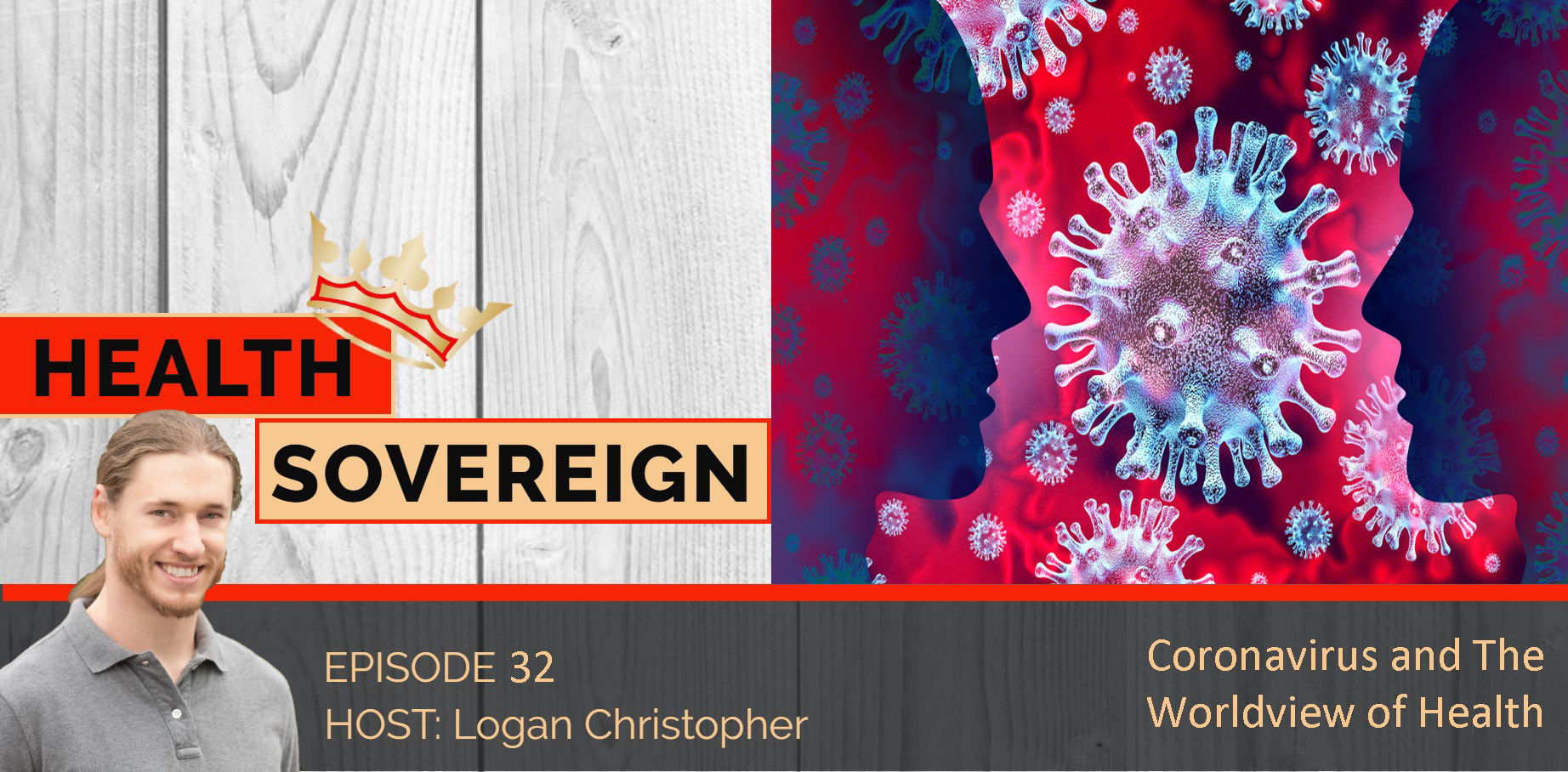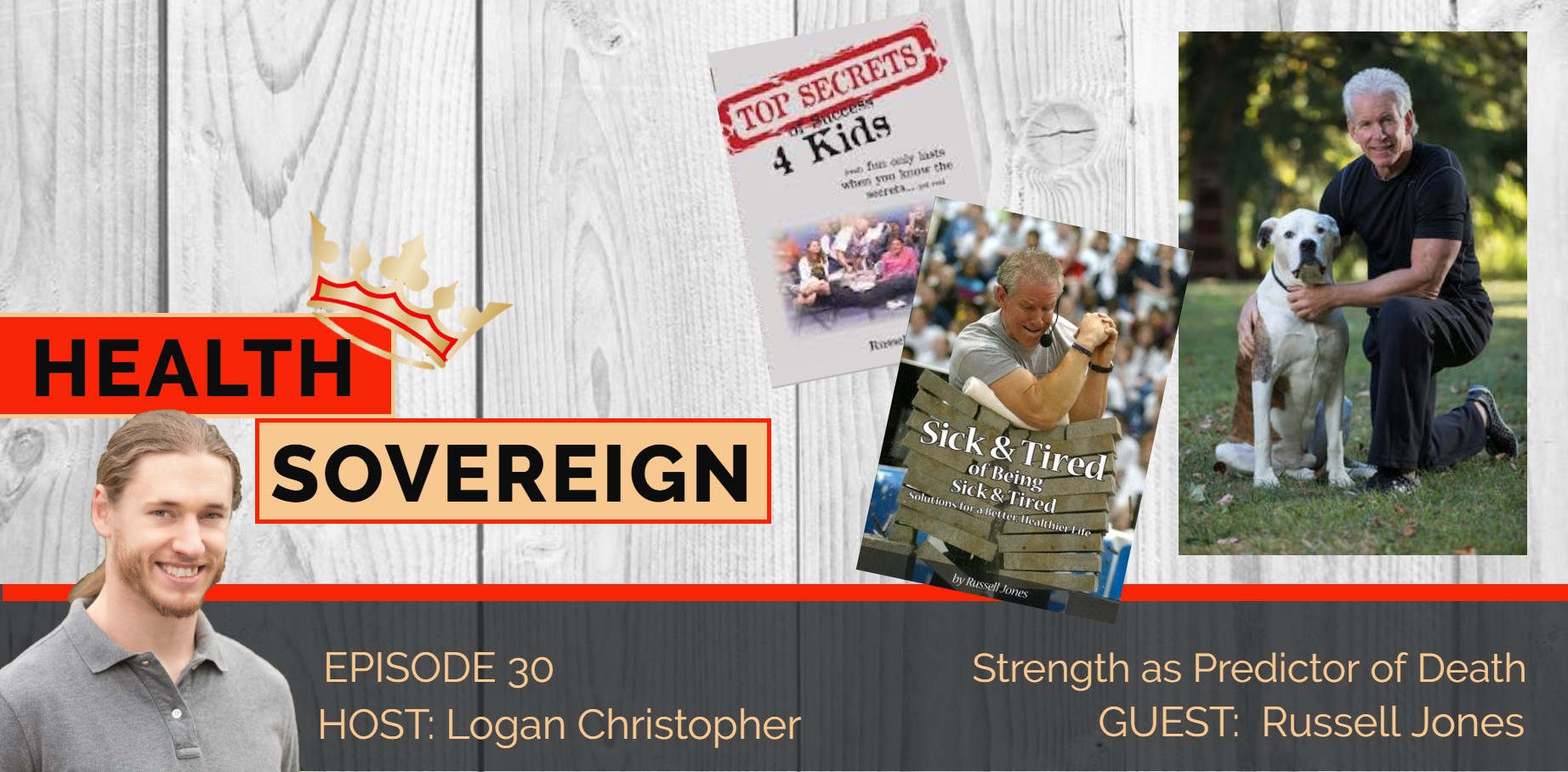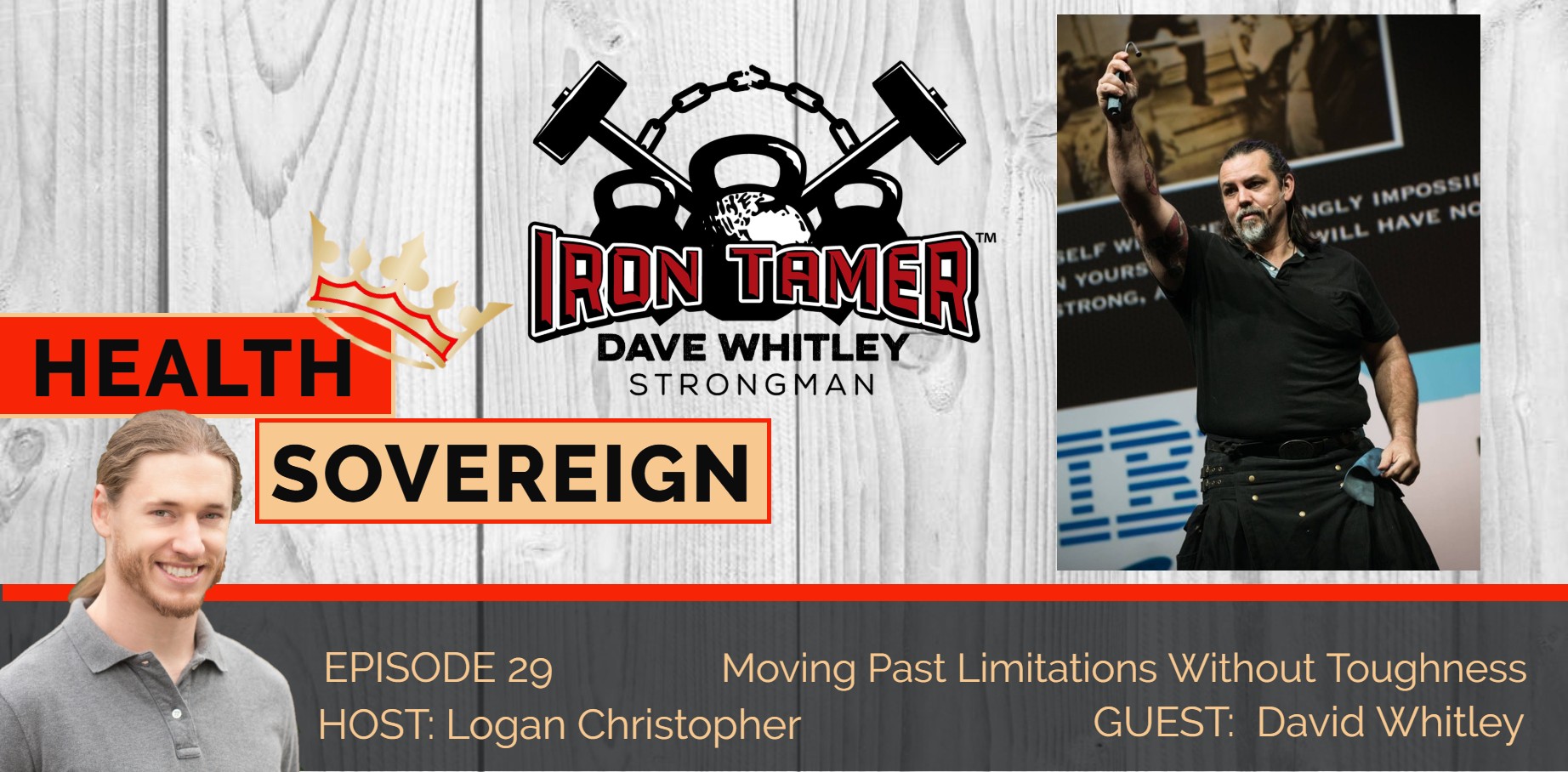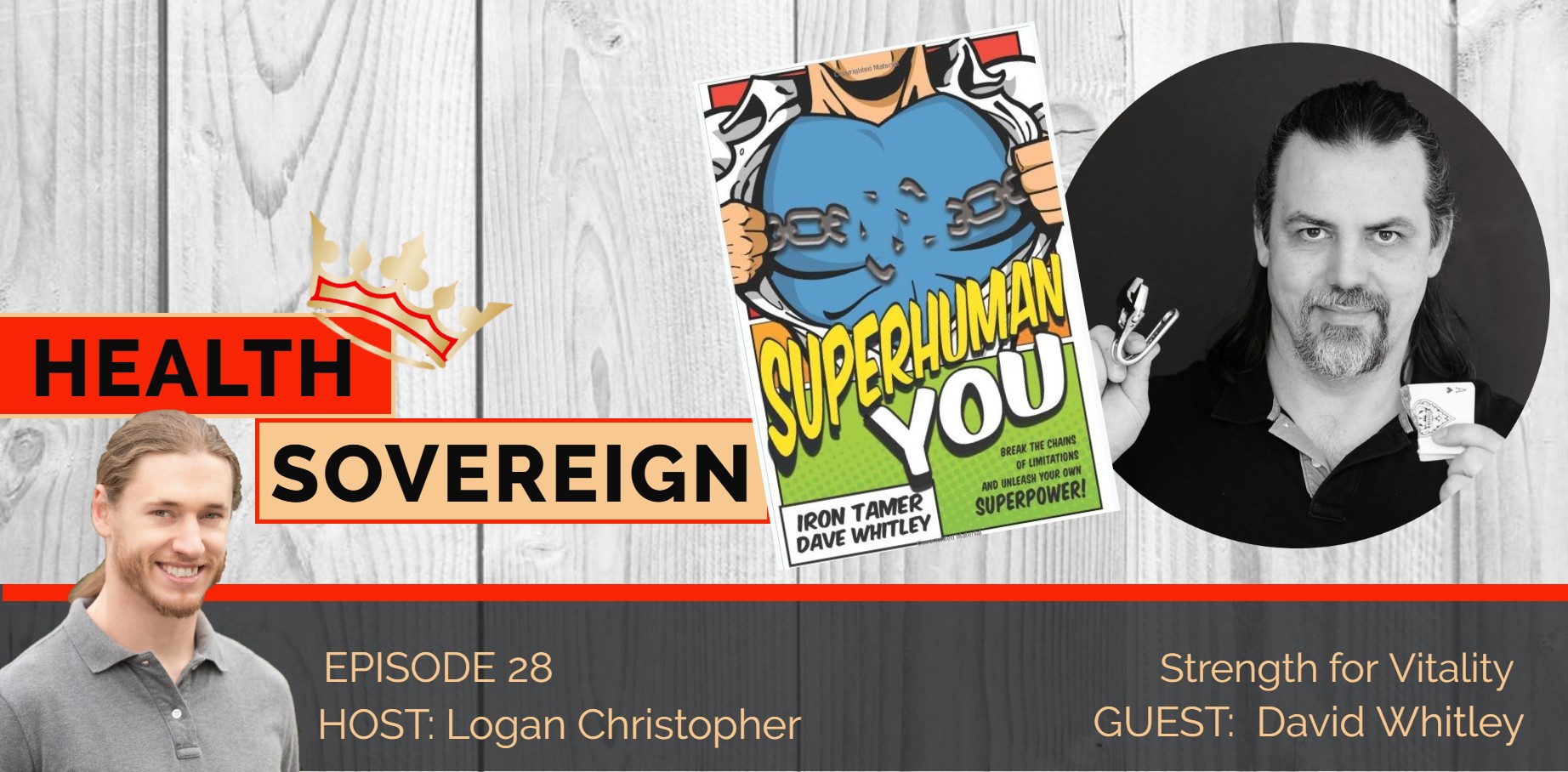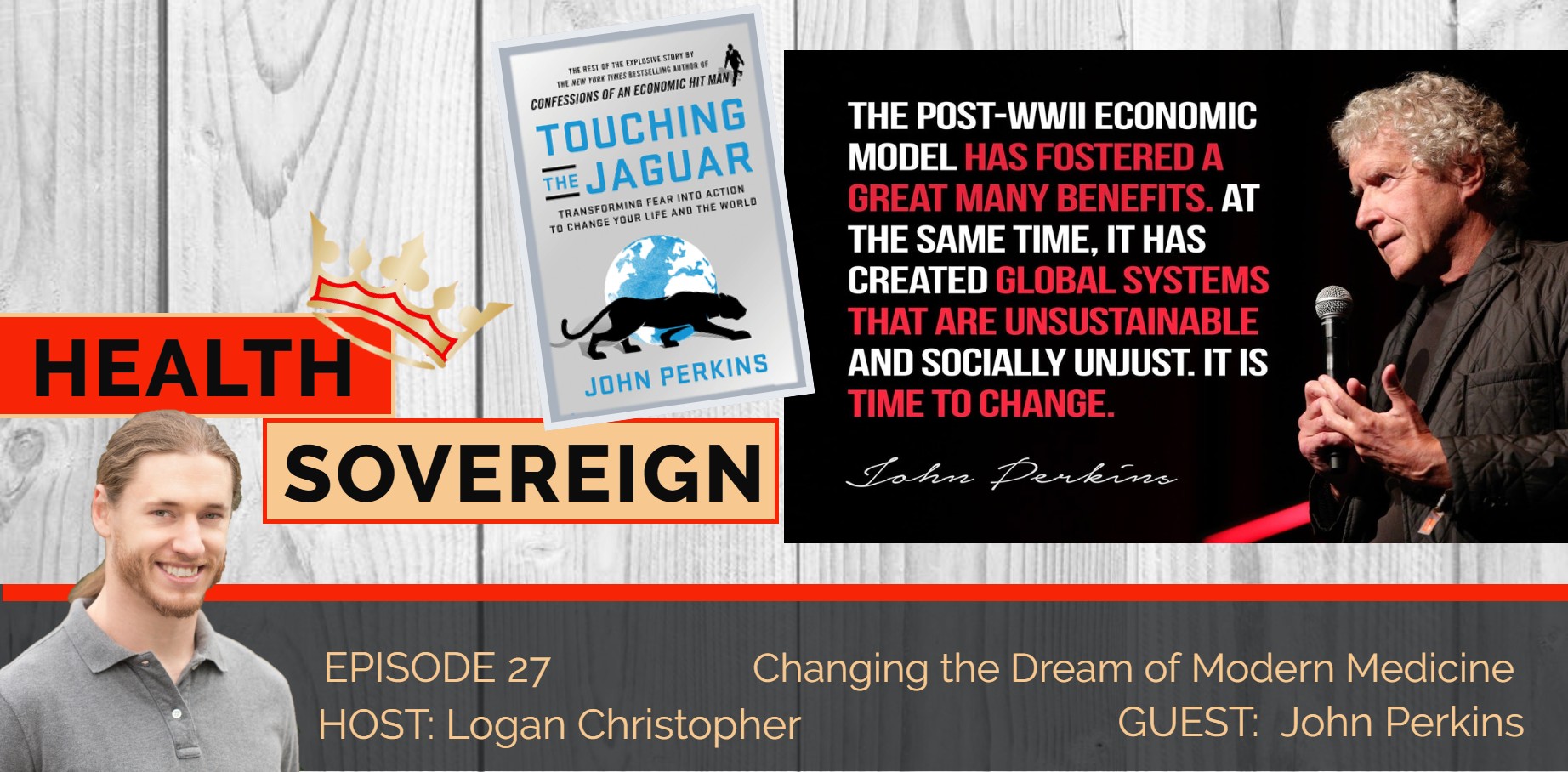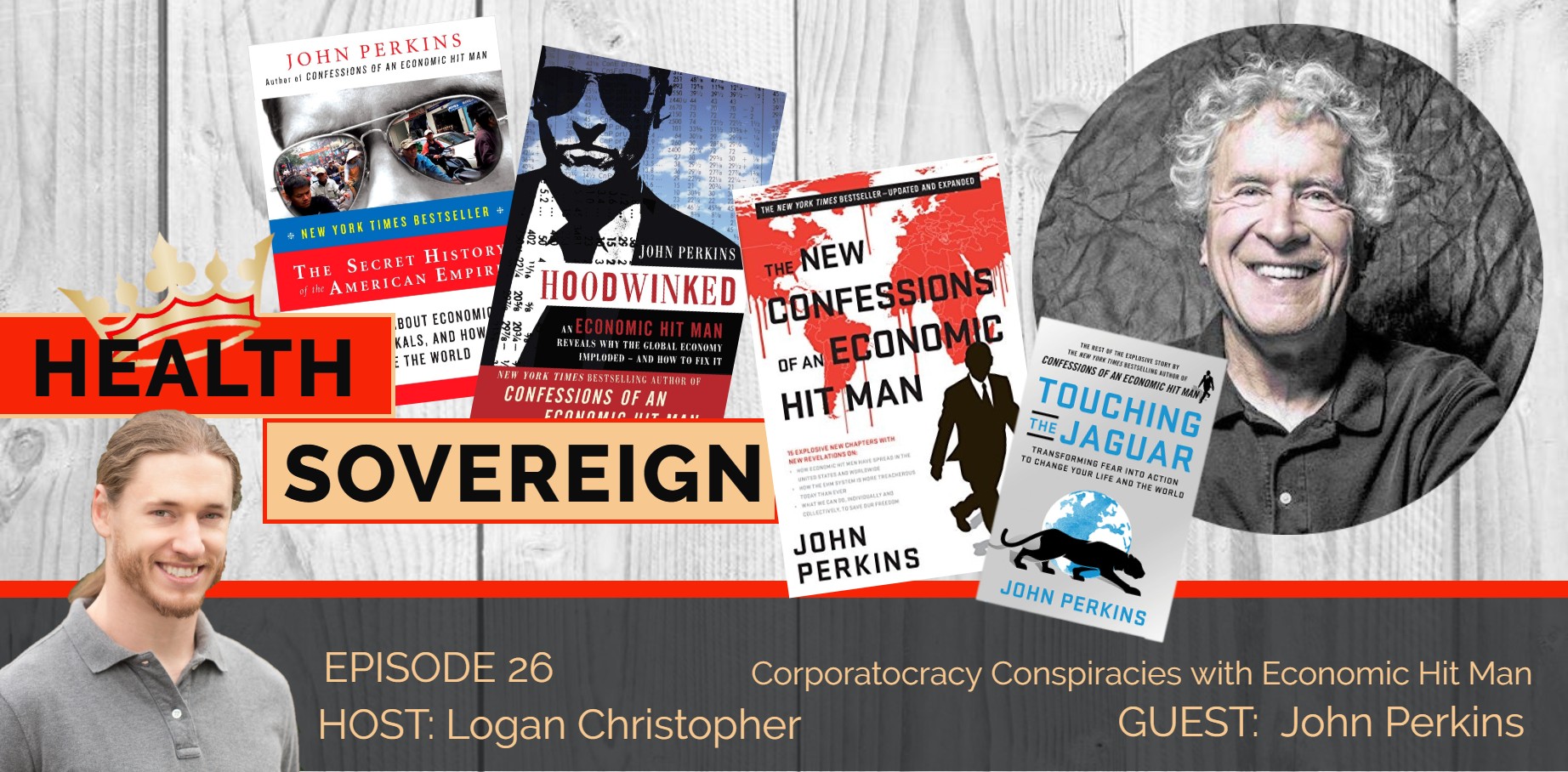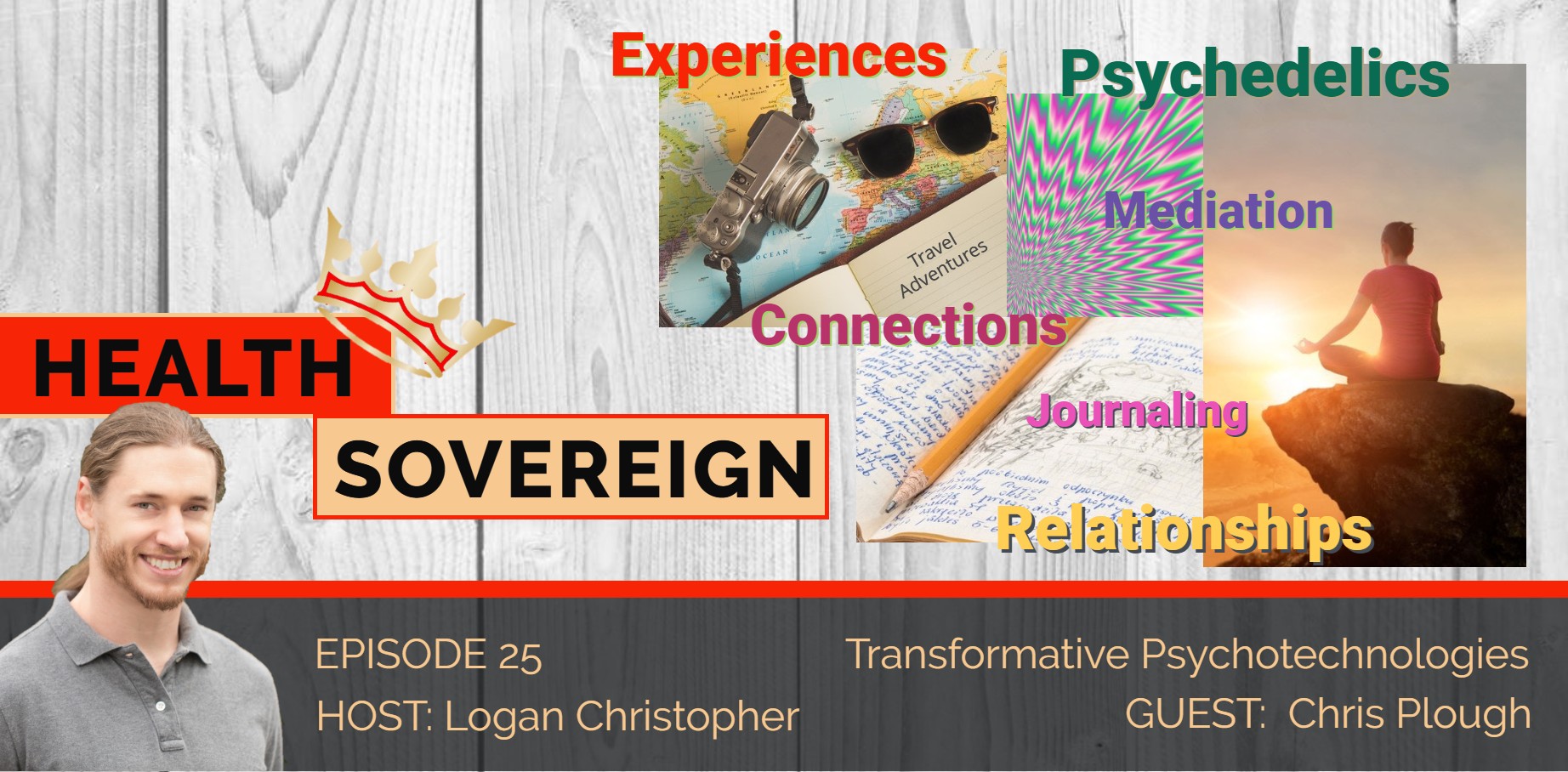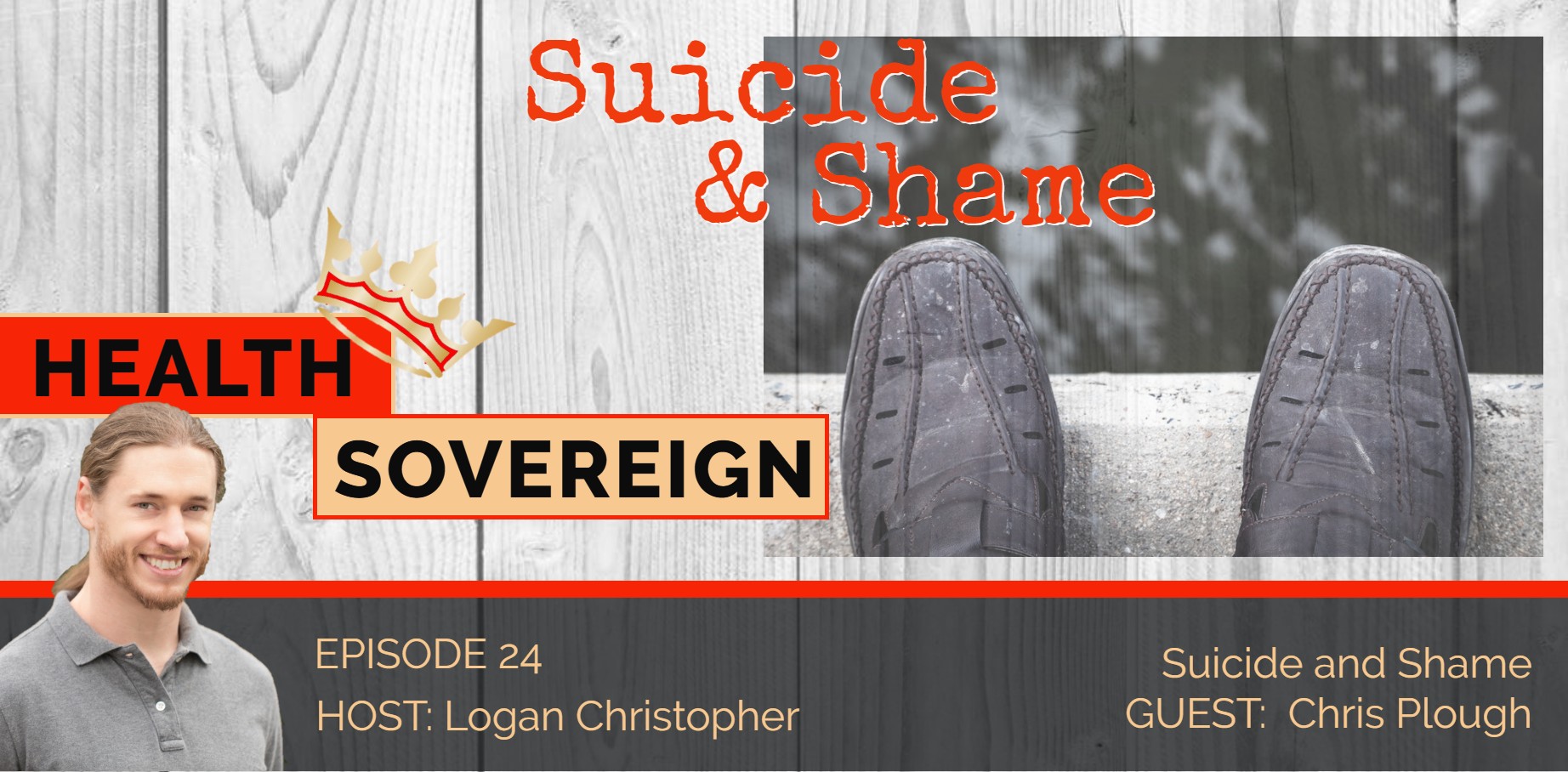(00:19): Welcome back. I'm loading Christopher and in this episode we continue the conversation with Russell Jones, strong man, author, rehabilitative specialist. And that last topic is what we get into specifically here talking about old injuries, overcoming them, the healing response, using electrical modalities and much more. So let's dive in right now. Okay. Let's Talk injuries as they were saying before, such a massive area. It seems to me the thing that stops people from fitness of any sort, whether doing the conventional separate things out or even like strong men's stuff is people get injured like more so than being even lazy or all that stuff. Injuries tend to stop people. So it's a big thing and people do not seem very great at handling injuries. So one of the things you mentioned in your book and I had a similar experience, was low back pain. That's a very huge area. And you talk about, I believe it was the book from Dr Sarno, the name of it, but just reading that book somehow switched things mentally and the pain lesson, it went away. Yeah. So that mental emotional component is so huge. Obviously the physical is a big part of it, but in our culture we're tied into the physical and don't think outside of that. Where do you, if someone comes to you for an injury, where do you start with them?
(01:39): when I dealt with my back issue, it was before I actually started working with athletes and their injuries. I'm not a medical person, but I came upon this a direct current modality. And that's another story maybe for a little bit later. But with my back issues, I think it was a, it had started
(01:59): Years before I started having neck issues.
(02:02): And you know, Cairo gave me some exercises to do, which I did religiously in that past. And then a few years later I started having gut issues, hiatal hernia and went to the doctor. As soon as I got a diagnosis, I looked up stuff to do for it in that past. And then all of a sudden I started having back problems. So you know, I'm a tall guy, I'm six one and you know, different injuries over the years, sports and everything else. Big motorcycle crash in 79 but this back thing, I mean it just kept, it really got bad at the time. I'm a personal trainer, you know, I started training people in 1984 and I'm a personal trainer. I'm supposed to be in shape, but I'm going to people's homes. I had about 18 people, like two or three times a week.
(02:47): And I literally driving with a, a lifting belt to hold or corset first and a lifting belt to hold an ice pack in place on my back as I'm going from driving from client to client. And then when I went in to see there was a, Hey, how you doing today? And can I use your freezer? And I put my ice pack in their freezer until we finished our session and take my ice pack. You can drive off. So, yeah, and everybody was talking about T you should get, you know, I had injections, I had all kinds of stuff that I tried for it, nothing worked. So, you know, people were saying, look, I just had this surgery and back surgery and everything else. Maybe you're a candidate for that. And I was, I had gone for the test and yeah, there was definitely herniations in my back.
(03:29): And then this little lady told me about that book you just referred to it. Dr Sarno, his book. I read the book, I got to the punchline and like you said, I mean the mental and emotional component of it, understanding the natural way that injuries occur, you know, like, I mean if you cut yourself, you bleed, you scale over, you know, and the scab gradually goes away. But injuries that keep coming and going, coming back and back and forth, you know, that makes no sense in terms of the regular course of things. So anyway, you know, I read the book and I just believed, you know, you talk about the power of believing in the mental thing. And I took the, literally, I read the book driving on the New Jersey turnpike and you know, my next stop, I took it to corset off I took, I threw everything in the back seat.
(04:17): And by the next day or the day after I was, you know, a squat and 300 pound breathing squats. And over the years I've had twinges that reminded me that avoid the pain used to be, you know, usually I'll get a twinge and then I'd freeze up and a tannic and I'd lay down and whatever. And I had to learn how to deal with that. It's a crippling thing. The enemy, I don't know what you want to call it, you know, some people would call it even spiritual, you know, stuff that comes at you, but your mind remembers things. It remembers these events that were really, really painful for you. And I would freeze up. But then I had learned to relax. I learned how to breathe, you know, and I had to learn how to move and it was just amazing going through that whole process.
(05:00): But it's I think all of us, I think more, some people are more prone to it than others holding it, emotional things. There's all this, we always talk about holistic, holistic, holistic. But yeah, it's like real that way. You know, people walk around and they'll shake tight. Yeah, I understand. Holistic. Yeah, yeah, yeah, yeah. And yet they're crippled, you know, their back, their neck or whatever park. So when I see somebody now, it's like a puzzle. You know, I learned this technique, AK muscle testing, you know, we're, I'm just seeing neurologically if things are turning on and off and you can tell, like when you get everybody's so muscles turned on, then you realized that, you know, what if they have that capacity that only have to do is get inflammation out and get them moving in the right positions. But I think, you know, so many people have the wrong movement patterns.
(05:47): They have compensated so many times, you know, like a dunk footed person starts out mildly duck footed and then they compensate them till a certain point where they're like feet are facing straight out on a pigeon toed person's going the other way at once. This, you know, it's just positional things that we need to learn about that we don't learn about an exercise. I don't know why Ben, when we train where we have to be aware, you know, it's not just moving weights from point a to point B, the body's going to be into position. Your whole structure has to be turned on. If I'm doing a bicep curl, my lower body is stabilizing me. You know, my glutes are slyly contracted, my feet are grabbing the floor. I mean all these different cues that I never, you know, I was totally unaware of growing up with exercise. Yeah.
(06:33): What is your theory on how the mind and the emotions kind of play into these injuries? Cause most people are under the misconception that pain is all physical, right? It's just like nervous wiring something. I mean honestly, like our most advanced science doesn't really understand paying that well. So what is your theory on how this stuff kind of works? Like how does reading a book make it so your back pain goes away? How does that work in your mind?
(06:59): Whoa. Yeah. So once I've tried things, I mean I've gone through a series of all these different things with injections and everything else and somebody's testimony that one of my old lady clients said I had this back pain and I went to this guy in New York city and he's got a book, you know, that was kind of a stamp of credibility. Somebody that I knew testified that this guy at least helped her. So I guess I was just ripe. I was hungry to learn something. And it was, it was like a mantra. I don't know if you remember the book, but it was like a, he called it a, it was kinda, I forget the term you, I think it was like mild oxygen deprivation or something like that, that when you get to this place of recurring pain in your back, so you kind of like repeat this mantra to yourself.
(07:49): You got to get, you know, you have to get a deep into yourself where you're like, okay, you know, I understand the source of this. I understand. You know, where this pain is coming from. I'm changing my mindset. I'm going to move, I'm going to be fine. You know, I'm talking to myself, I'm doing affirmations right. Which kind of fit into my wheelhouse anyway. Cause that's a big thing for me. It's like reprogramming, you know, and again, fear, you know the acronym, you're right. A false evidence appearing real. I mean, we live in a culture, I'm sure you know Logan, you talk to people all the time. I mean that is huge. I mean, people are afraid, you know, whether they're just afraid of everything, you know? I mean, no matter how much more like in our culture that how much more people curse and act bad-ass they are, they're just a wimpy like that.
(08:38): How this generation would hold up to like the world war II generation or something like that. Like I don't know. But anyway, but yeah, I think fear is the big thing. I mean, fear of pain, fear of whatever, all these imagined things. So our minds, I think we, you know, we have to capture our thoughts. That's a biblical thing too, right? I mean so we got to keep those all lined up. So, you know, that's a step by step thing we do all the time. We have this thing on goal setting and affirmations and things that I've been doing and talking about and teaching for years. But the interesting thing now is I was out in Kentucky a couple of months back with my daughter. My oldest daughter does Mary Kay. And so this was my, she was my super athlete and everything.
(09:21): So I think she likes a competitive environment. So this is [inaudible] very rich woman that's given a seminar for a small group like 15 of us. I was the only guy on some of her principles of success and my daughter thought it would be a good father daughter thing to go and everything else. So I went for this trip. So she's talking about a lot of things that I'm very familiar with, but I'm, you know, I'm just not in agreement. She's not a kid. She's probably 55 years old or something like that. And at one point she's talking about your goals, your affirmations and things like that. She said, but yeah, we all get tired of hearing of reading a piece of paper every day. Hey. And things like that. She said, what I found is key is that music opens up your heart and your mind to a lot of things.
(10:04): So she said, what I recommend doing, and she had been doing it for a couple of years, is she takes or affirmations what she wants to really get inside of her. She records it with music in the background, her own voice, right? Her own voice. So it's her talking to her, which I think is important because if, I mean, you know, I always talked about, I've been talking about this for years and years. It was, I can say all kinds of great things about Logan, Christopher, right? I can compliment you on every aspect of your life, everything you're doing, but the most important program or for you, for your brain, your computer is your voice, your voice going into your ears. So every morning now, this woman that said every morning and every evening you have your own personalized set of things that you want to, you're working on your, you know, you redo it every few months and you play your voice with the music.
(10:59): And it's been really awesome. I've been doing it for a few months now. It's a really awesome technique. But again, that techniques like that I think help us become more confident and less than fear. I think we all have it, but I think we're better prepared to fight fear in our lives. But I think it all comes, all this stuff you're talking, you know, we're talking about today, injury things. I mean, you know, we're afraid to let go, you know, I mean, sometimes you just gotta let go. You know, what am I, that guy was talking about before Jay Schroeder, he always said, you know, when we're rehabbing or helping athletes get ready to go back to play, it's never half speed. It's never like, Oh, protect yourself. It's never taped up. It's always, if you can't mentally go all out when you come back from an injury, you're going to get hurt again. You know? You have to be able to go all out. Okay. So anyway, I don't know if that answered the question or not.
(11:56): Yeah. that was a good talk regardless. Yeah. In my mind, the healing response, right? That's something the body naturally does. And for it to not happen, there has to be something that blocks it, which as you were saying, very often is fear though. There can be some other issues surrounding that. So it's just one of the things I like to think about is that our human cells are constantly being replaced, right? I mean blood cells every couple of days, but even bones every seven years. Yet sometimes a chronic injury can last for a decade. It's like every cell has been removed. What is keeping that in place and it, it has to be something beyond the physical, right. At that point it has to be a mental, emotional, even spiritual thing that is really focusing on that. So as you're saying there, if we can remove that and there's a bunch of techniques, goal setting, affirmations, belief, change processes, all kinds of stuff that can really help people too, break through that and begin to see a different way of doing it, allow the body to do its job that it would automatically do once the blocks are lifted.
(12:58): That's the way I like to think about it.
(13:00): Yeah. I think too, the one other thing that I heard recently which was encouraging, especially as you talk about the aging athlete or just the aging person. Are you familiar with dr Carolyn leaf? Yeah. I want to call her a brain doctor, but she's done a ton of research on the brain and the structure and that then drives and all these areas that I'm totally, it sounds good when I'm reading it, but for me to tell you about it right now. But the cool thing that she talked about, you know, when I was a kid, I remember 'em they always said, you know, drinking alcohol would kill brain cells. You know, and I remember, you know, we're a bunch of wise guys and you're drinking shots of tequila, whatever. And you know, I used to say only the weak ones will go though. So it's okay.
(13:45): Yeah, right. Something like that. But then as you get older and you're talking to, you know, your peers, you know, I'm 66 know, it's kinda, they're not remembering things, the conversation or even older yet. And you kind of flash on that. You know, when people worry about dementia, they worry about Alzheimer's, all these different things. Well, Dr Lee's research has uncovered that every day when you were talking about the body healing and the natural course of replacement of cells, every day there's new brain cells that are released. So now they grew overnight during your sleep. Why sleep is so important, everything. But she said they die off almost immediately if they're not given something to do, they're not given something. So that's why you know this one woman out in Kentucky was talking about, she's saying that's why it's so important to feed your brain first thing in the morning with something that is something powerful or a positive that it could work with. You know, whether it's your time, you know, time with the Lord, whatever it is. But it has to kind of force your brain to go to work. So I might even be getting smarter as I'm getting older. I'm not sure about it. Awesome.
(14:57): I always like to challenge conventions, right? I mean the science is so often wrong about stuff. They used to think, Oh the brain, you know, there's no new cells or that the brain stops developing. Then we keep finding out new stuff that just more and more happens. So yeah, it, it may very well be possible to get smarter as you get older despite what everyone may think. So I say go for it. It's good. It's good. Yeah. You mentioned the direct current modality. So one of the things as I'm further exploring health and just really kind of framing my mind, getting the bigger picture is so much like all of our modern medicine is focused on the chemical and really even all of our biology really focused on the chemical, at least 90% of it. And while that certainly has its place, we have completely gotten rid of understanding that the human body is electrical as well. And there's all these different modalities that can really work with that. So can you talk a little bit about this modality that you use and the results you've seen with it?
(15:57): So again, it goes back to my son might've been, I guess he was freshmen in high school or maybe eighth grade and the kids were already getting injuries and somebody hurts themselves and they went to see a guy who had this machine called an AARP. So AARP is an acronym for accelerated recovery performance. And so I don't know anything about anything at the time. And the guy would say, okay, where does it hurt? And it stick the electrical pads where it hurts, wrap it up, turn the thing up. And you know, for young people, they heal pretty quick no matter what you do. So I got, you know, I got kind of curious about it. I found out that the guy was doing it completely wrong, but he had a machine, it was a $15,000 machine, so he was like the local guy.
(16:44): So I started doing some research. It took me up to Minnesota, two guys, Dennis Thompson and Jay Schroeder. It comes out of I guess the original Russian STEM. So it is direct, current versus alternating current. So when most people's experience has been with electric STEM or tens units, so that's AC current. So AC current is not harmonious with the body. We're direct current as humans or direct parent. So if we put a, an AC current on our bicep and you know, turn it up, it's going to contract actually hard and at that point you really can't do anything with it because it's going to cause a concentric contraction. The AARP on the other hand is actually going to cause an Essenture contraction or the lengthening of the muscle. So I was kind of like, huh, okay. So well that means that if there is inflammation in an area, we can actually draw a lot of healing to that area.
(17:40): A lot of blood, a lot of circulation to the area. But at the same time, we're not causing the muscle to concentrically tip tighten up, which would probably push deeper into any kind of compensations or protect modes that we have. It would actually allow us to relax and to actually, so we use a high, when we're trying to get athletes back, I mean, you know, ankle sprains. I mean I can get people back in like three or four days, you know, maybe five for a high ankle sprain. But it's intense. It's not for the faint of cause when I first learned about somebody, what was the whole world on direct? Current? Well, I mean it's a lot more civilized. And when the Russian started doing it years back in the forties or fifties I mean they used to have magnets that held the electric, the electrodes in place.
(18:26): I mean there would be burn marks. They even experimented with probes going straight into the muscle. So I mean, yeah, we're not as barbaric, but it's still not the most comfortable process when you want to get somebody back quickly from injury anyway. So because it was drug-free and because of it. Yeah. Sounded like it was something that the body, you know, it could except and, and when you put the current, the interesting thing. So if somebody comes in with a knee or something like that, instead of just sandwiching the knee with the current, well we try to find the origin. All right. So first we put somebody neurologically imbalanced. So first we would see that all the muscles are firing and then, though we start applying the electrode and we find we call the hotspots, which a lot of times are not where you're feeling the pain.
(19:12): It might not even be where the swelling is and we address those spots, but it's very active. So if you come in like on crutches, you know, you can't move your knee. Like we're going to have you doing squats, assisted squats, like within 10 minutes. You know, I mean with the current going through you, because we're going to take your brain out of the equation cause you're not going to feel it. And then we're going to do some things at the end to drain the swelling and get the swelling down and stuff. So it's a really interesting process. We, I use it too for a, we call it loosening where we actually loosen the entire body. So in our world we don't like to talk about stretching because from my understanding, muscles can do two things. They can either contract where they can relax.
(20:01): So there's no nothing called stretching in there. It's only like two things. It's turned on or turned off. So if a muscle is really tight, that's usually a sign that there's something else going on that's causing that extreme tightness. If you say, Oh my back is always tight, or my hamstrings are always tight, well that's usually a sign that your body's protecting something that's not allowing you to move freely. So we would, we would find out what that something was. And then when we give somebody exercises to do, we have therapeutic exercise, we give people afters, you know, it's a full range of motion type activities, but we're training people to turn their muscles on and turn them off. So, you know, when I'm turning on my bicep, I'm learning how to totally turn off my tricep. There's never any, I'm not fighting against myself, hamstrings and quads, whatever it is, abs and back, whatever it is.
(20:56): So it's pretty interesting. A way of looking at it. You get some amazing results, but a lot of people don't like it but being injured. Right, exactly. What I liked about it was the focus was they don't believe in braces, you know, so there's no, you know, when you're healed, you know, you're done. You know, like, let's go for it. And I've learned a lot from those folks up in Minnesota. Oh well Jason, couple of guys are in Arizona now too, but learned a lot of love from them. But yeah, it's an interesting modality. It's drug free. I don't want to scare people, but if you come in and you gotta get back in the game though, you can get back in the game. I mean, we can take it a slower pace for older people and stuff at all, but, or non-athletes. Some people don't want to push themselves. So you know, this is not, that wouldn't be for them.
(21:49): Well, it's very interesting what you're saying with the hotspots and working in areas, not necessarily where the, the pain, the swelling, the injury happens to be a, it comes down to that kind of reductionist mindset that we were talking about earlier too, where you, you know, we got to split up our strength in our cardio and flexibility. We have to isolate individual muscles in order to train them. It's the same kind of mindset going into pains like Oh, it's painful there. Therefore the problem must be there when probably more often than not. Like yeah, if you get acute trauma, you get hit with a baseball bat in the shoulder. Yeah. That's an area to work on. But so many of these chronic injuries, you have back pain because of something with the ankle or leg or really it can be pretty much anywhere else in the body. So that's an important thing for people to be aware of and kind of, regardless of the modality, a lot of the different healing arts are going to focus on these different areas.
(22:40): Yeah. We had my first trip up to Minnesota to learn about it. You obviously they're going to put the AARP on me. So you know, I'm like, I got so many scars per square inch from, you know, basketball, you know, a motorcycle crash that wiped out three limbs and all these different, you know, I got scar tissue on top of scar tissue. So they're talking about body mapping and so they're moving the modality around. So when you're on a spot where there's no inflammation, the current just runs right through you. You know, no big deal. Sometimes you don't even feel it. But when you hit a spot where there's a lot of inflammation, it's like, Whoa, get that thing off of me. So you can imagine, you know, I mean at the time I'm in my fifties so I've got like this whole lifetime of inflammation everywhere in my body.
(23:24): And so they were doing it. My wife was very concerned and those guys are laughing because they said, Oh, this strong man from Jerry say, yeah, let's see. You know, and they're moving the thing around and turning it up. And everything. And I'm like, you know, cry like a baby. But I think part of it too was, and that goes to my own personal physiology is that I fought it as well. Like I was, that fear thing would always kick in for me. So I fought the current coming into my body, I guess I didn't believe that it wasn't going to hurt me or it brought up old sensations that really were painful and stuff at all. So it literally took me months to be able to, you know, use the machine properly to say, okay, you know, this is an inflamed area. It's going to be uncomfortable, but it's only for a short period of time. And I know that at the other end I'm going to come out way better than I am right now. So there's always that. For me, it's, there's always that fighting, you know, to protect myself, you know, especially when, you know, when we've been injured, when we've been hurt, you know, so no matter how tough we say we are, whatever, I don't think anybody really wants to put ourselves into any more pain than you know, necessary, you know? So
(24:39): Yeah, it's interesting that that protective mechanism, obviously that starts for a reason and a legit reason. But oftentimes that can become the problem. And we can see this like physically with pain but also even like emotionally and psychologically, all these different areas where we start doing something that's going to protect us in some way, but then it holds us back later on. So I guess that's part of life, right? Learning to protect yourself is obviously good, but also learning to let go and being able to have the awareness of when to do what thing properly.
(25:10): Totally. Yeah. And again, you know, and out of that, I think too, you can train the AARP can be used to train your body. I use it for workouts as well. I don't like doing it all the time. I mean, some guys do, but I'll use it periodically for workouts. It's interesting the way that your body responds to that and everything as well. I still think polling and grabbing and doing like real things is important, but it's kind of interesting to see how the body responds to a workout with direct, current, you know, in place and everything. But positionally it helps you I think too. I mean, you know, we always talk about position, position, position, position. It's always like the thing, you know, and I know like in a lot of our activities, it's hard to maintain proper position in the strong man stuff.
(25:56): But in our training we can be really focused on position. So I always think of people just being too safe. But no, it's really training in the most efficient, efficient way and stuff and all. And especially as we're getting older now, you know, this all this forward bending stuff, you know, it was always, you know, doing crunches and doing all this kind of shortening, shortening, shortening. And I'll tell you, I mean you're still a kid, but you know, when you get older, I mean this is so natural getting pulled forward. You really want to know how to lengthen your front and how to have that rear chain just doing its job, you know? But I know that's something that is not popular cause you can't see in the mirror, you know?
(26:43): Right. And especially also environmentally, like most people working at desks, you have the hands forward or technique or various things like that. So things like a gymnastic bridge Rose become even more important as the counterbalancing of that. And then of course, having a strong position as you're working through those. Well Russell, this is, do you work? I just curious, do you work on the glute ham machine at all? I have a little bit. I don't have one of those, so not regularly. Great exercise. So my friend has one, so every once in a while when I'm at his gym. Yeah, yeah, yeah. I just, I think if I ever had to do it again, that would probably be the first piece of equipment I bought. I mean, especially getting older for sure there was a lot of things you can do on it, but anyway, I was just curious if that was part of your repertoire.
(27:31): Yeah. Yeah. Excellent. Well, Russell, this has been a very fun conversation. I hope people have enjoyed the wide ranging, you know, strength feats, the injuries and so much more. What would you like people to check out where to go to find out more about you? Oh yeah. So I mean, Russell Jones speaks.com is the website. Russell Jones speaks hashtag is the Instagram, you know, somewhere in there as Russell Jones speaks on Facebook. I mean, the book is on Amazon, sick and tired of being sick and tired solutions for a better, healthier life. And we're going to get this conversation going to a higher level, I think with a lot of people because I think that when we leave out any component, I don't think Americas got to heal itself. I think, you know, all these different, there are so many people with so many interests that are not.
(28:22): Yeah. Right. And so I think even like the, you know, we talk about the mind, body and spirit. Hmm. It just seems like the spirit is kind of a fuzzy thing, you know? I think at some point we gotta have to bring that up to the same level that we talk about the physical and the mental, you know? But anyway, yeah. So you can find me hopefully if you can't, I'm doing a really bad job. Well of course include the links to your websites and social media and all that on the show notes here. I mean that's why we're doing this podcast is to open people's mind. The health is where it's at in America and growing across the world because of, as you were saying, these interest and whatnot and all the kind of antiquated things that are still around. We really do have a much better understanding. And it's, it's not that complex. It's not hard to grasp. You just need to be open to it and experiment and learn a few things, and you too can be pain free and healthy. Well and old age. I think that's really, it's actually quite achievable. It may not be easy, not in the beginning, but it is actually quite simple,
(29:24): So thank you, Russell. It's been a pleasure. Thank you.
